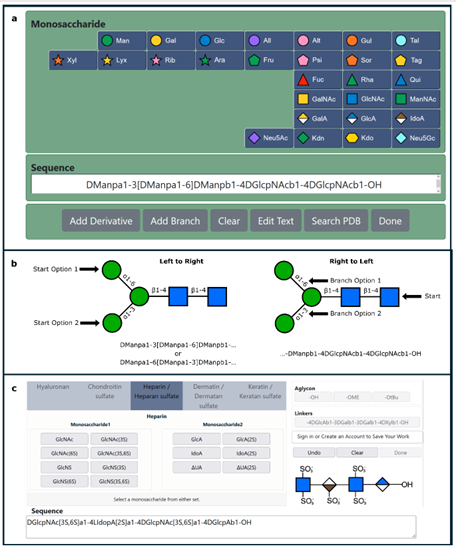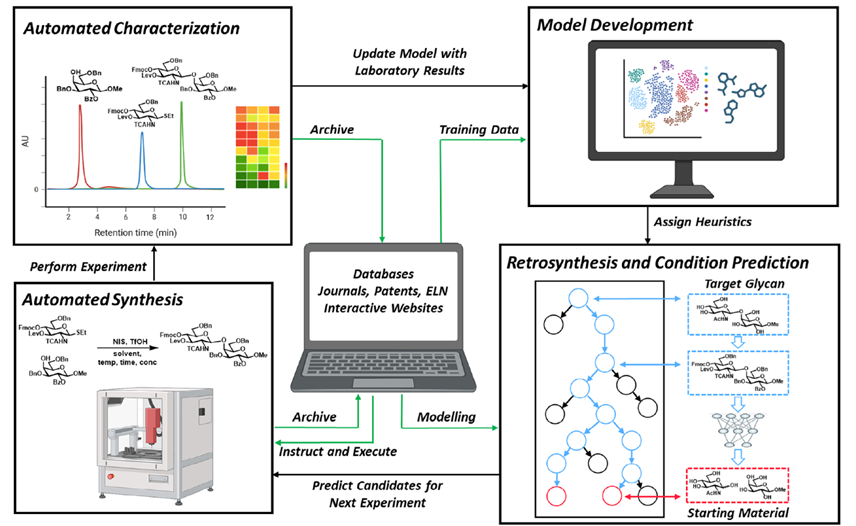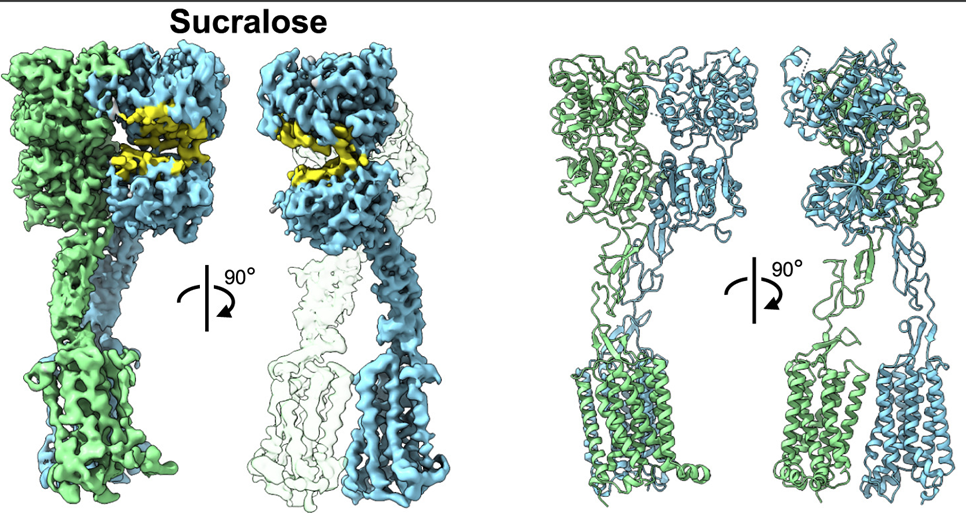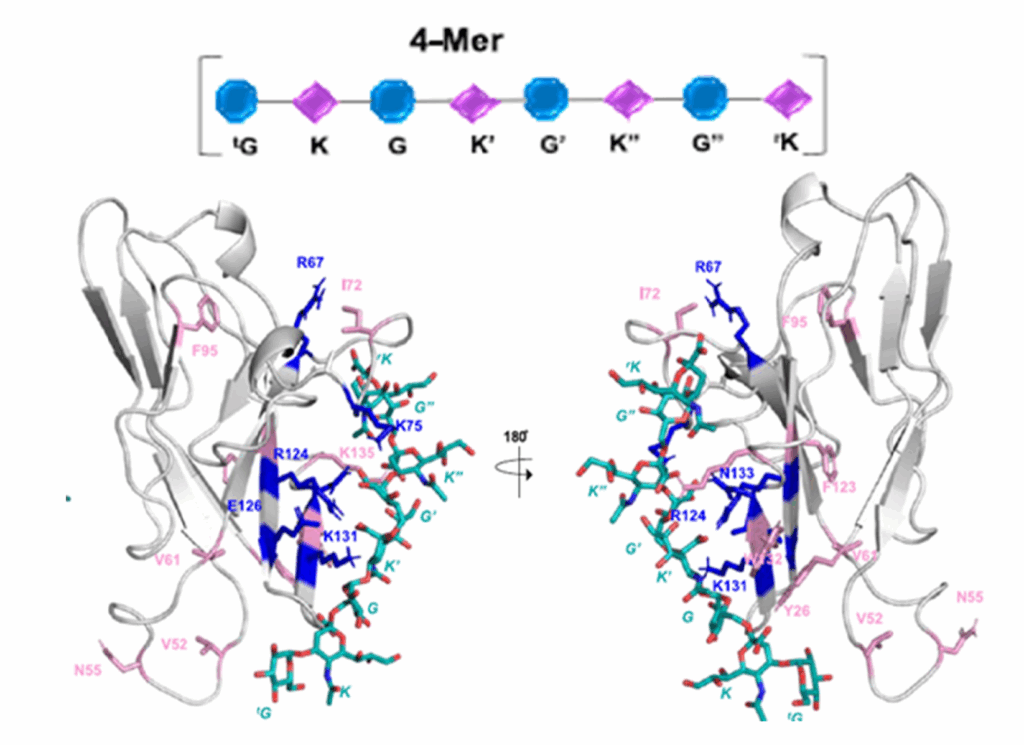Endogenous carbohydrate-binding antibodies that recognize bacterial, fungal, and other microbial carbohydrates prevent systemic infections and help maintain microbiome homeostasis. Anti-glycan antibodies can have both beneficial and detrimental effects. For example, alloantibodies to ABO blood group carbohydrates can help reduce the spread of some infectious diseases. However, they also impose limitations on blood transfusions. Antibodies that recognize self-glycans can contribute to autoimmune diseases, such as Guillain-Barre syndrome. In addition to endogenous antibodies that arise through natural processes, a variety of vaccines induce anti-glycan antibodies as a primary mechanism of protection. Some examples of approved carbohydrate-based vaccines that have had a significant impact on human health are against pneumococcus, Haemophilus influenza type b, and Neisseria meningitidis. Monoclonal antibodies explicitly targeting pathogen-associated or tumour-associated carbohydrate antigens (TACAs) are used clinically for both diagnostic and therapeutic purposes. In this review, the authors highlight some of the well-investigated and critically important applications of anti-carbohydrate antibodies.
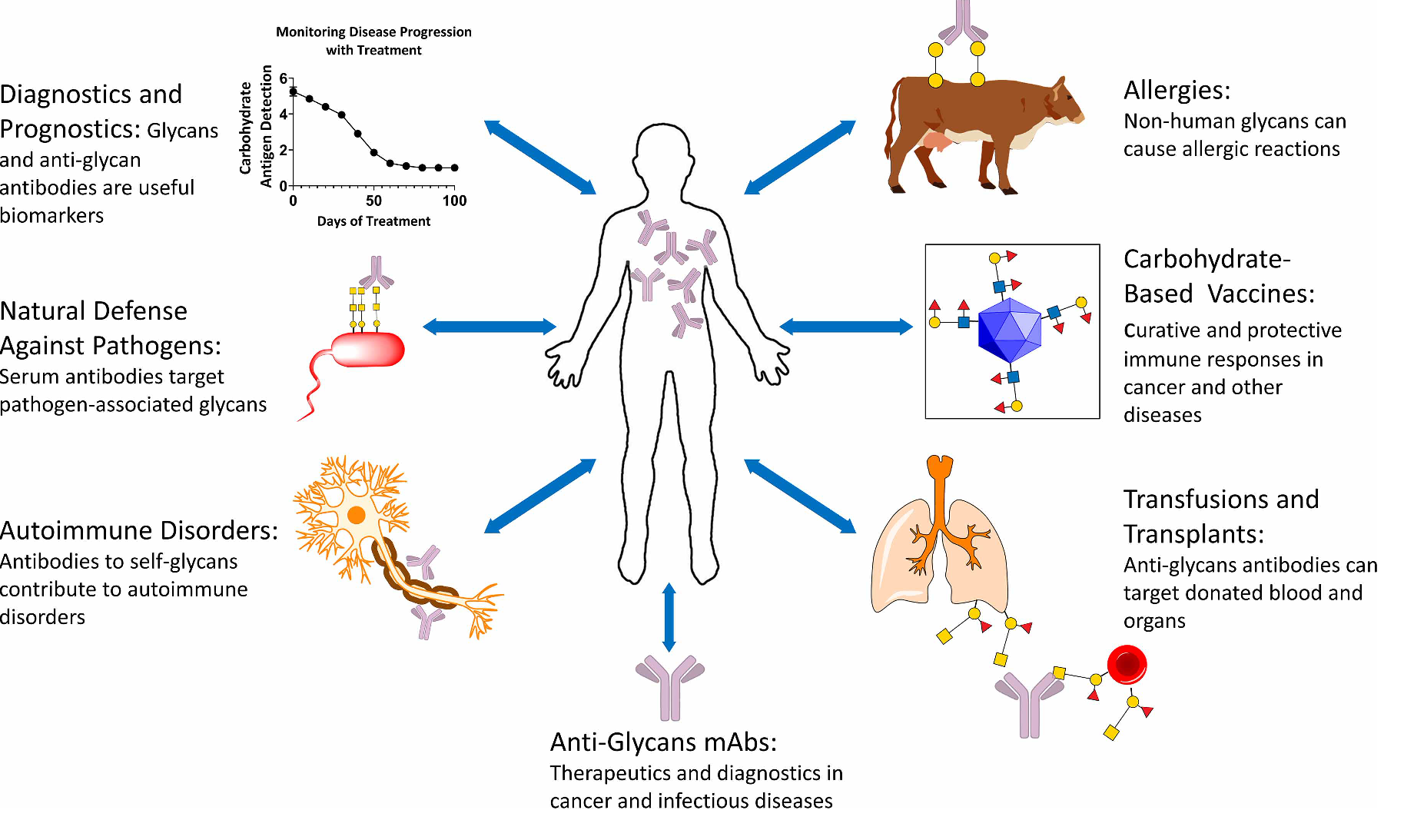
J.S. Temme, D.L. Butler & J.C. Gildersleeve
Biochemical Journal (2021) 478 1485–1509, https://doi.org/10.1042/BCJ20200610

